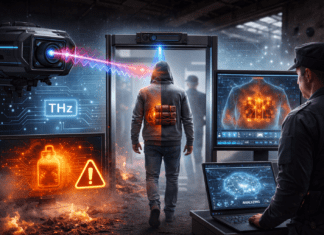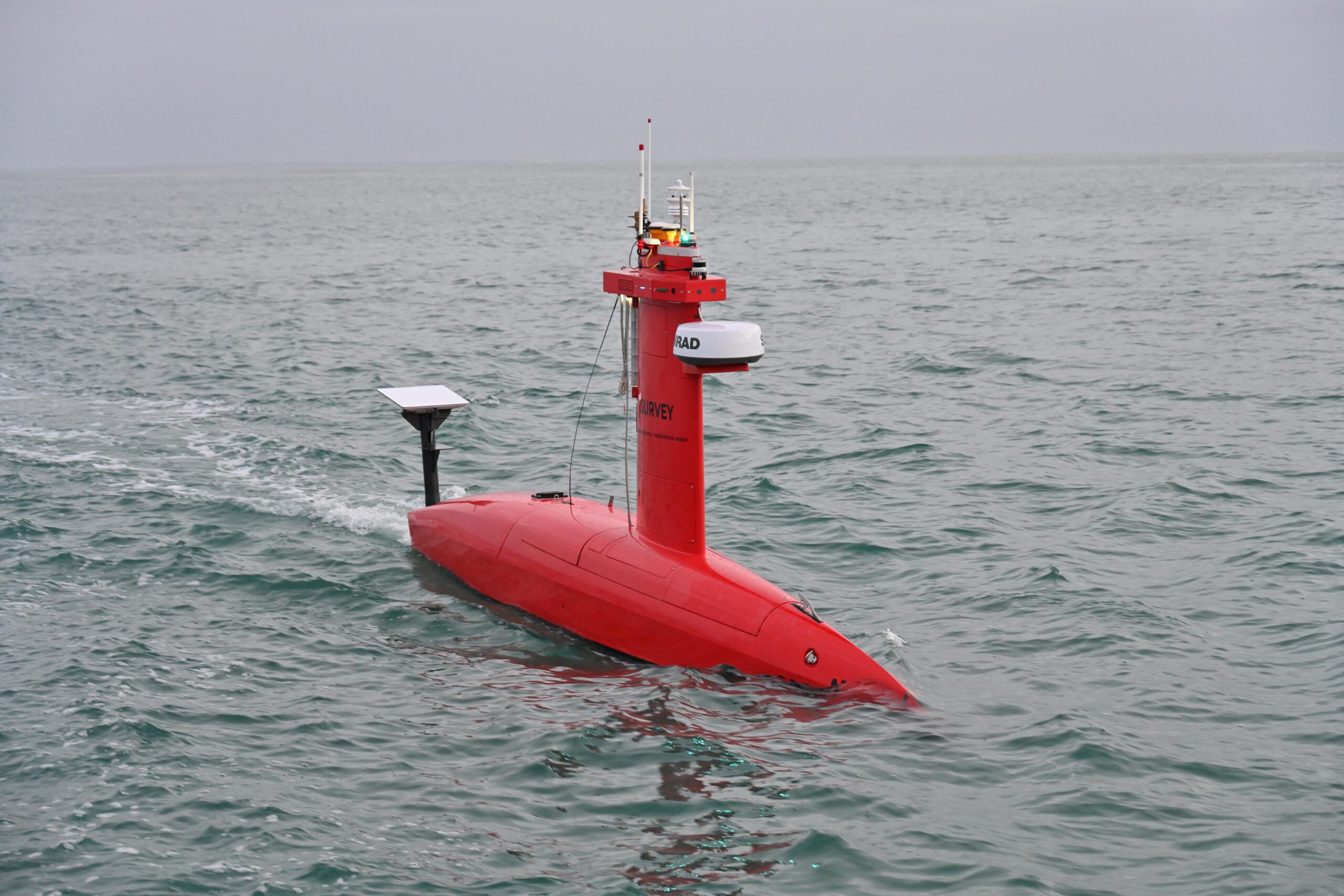This post is also available in:
 עברית (Hebrew)
עברית (Hebrew)
US Customs and Border Protection (CBP) recently began working with leading trade and travel technology company “Pangiam” to bring cutting-edge artificial intelligence, computer vision, and machine learning expertise to enhance CBP’s border and national security missions.
According to Interesting Engineering, Pangiam launched Pangiam Bridge earlier this year- an artificial-intelligence-driven global solution for customs authorities that allows customs officials to automate baggage, conveyances, and container inspection processes.
Chief Growth Officer at Pangiam Brian Lodwig said: “The ADA [Anomaly Detection Algorithms] project demonstrates that when government, industry, and academia collaborate, we can rapidly introduce innovative technologies that positively impact real-world missions.”
However, the move towards innovative border security is not limited to robot dogs and artificial intelligence inspectors. The Department of Homeland Security (DHS) has been investing in various technologies to patrol the country’s borders, including a partnership with Ghost Robotics to develop robot dogs capable of transmitting real-time video and data while navigating challenging terrains.
Nevertheless, while such advancements are promising, critics express concerns about data transparency and privacy, raising questions about the government’s transparency regarding data collection on citizens.
Andrew Meehan is a managing partner at Pangiam and a former senior DHS official, and he emphasizes the importance of federal agencies maintaining transparency and accountability in deploying new technologies. He also acknowledges the need for the government to inform the public about the use and benefits of technologies like biometrics, ensuring citizens are aware and well-informed, and therefore can make an informed choice whether they want to opt out.
Interesting Engineering claims that this recent collaboration between CBP, Pangiam, and West Virginia University signifies a major transformative step in the field of border security. This revolutionary integration of artificial intelligence, robot dogs, and other advanced technologies shows a commitment to keep developing practices when faced with the ever-changing security challenges of today.


























